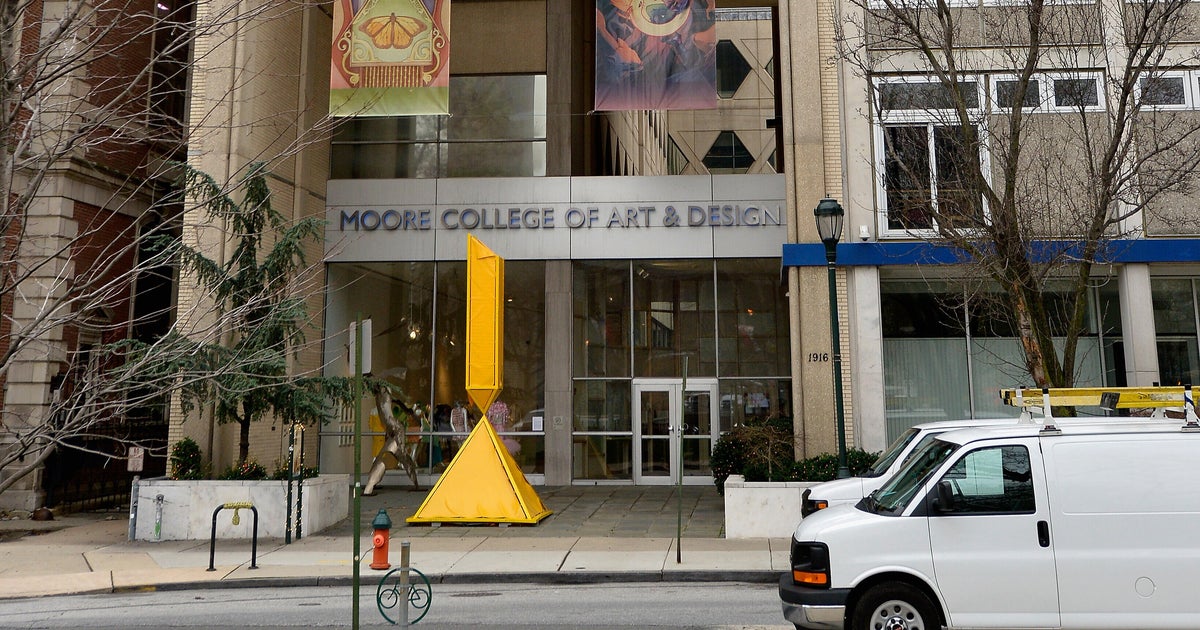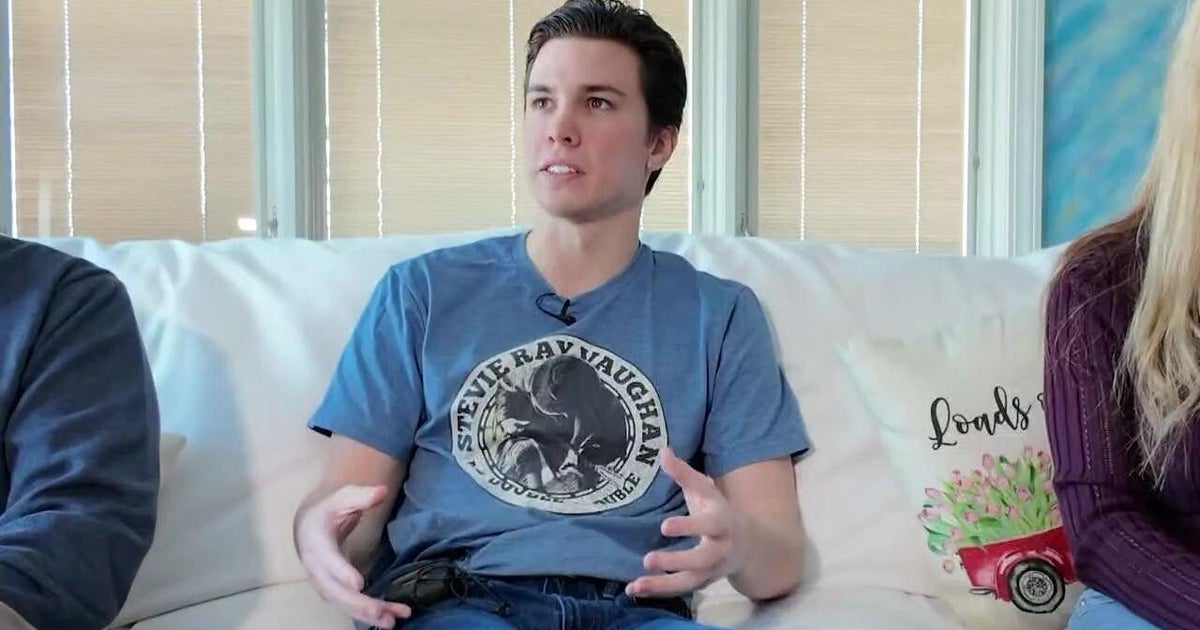Dartmouth's MBA program is looking for "niceness"
When the admissions staffers at Dartmouth's Tuck School of Business review applications for its masters of business administration program, they'll be on the lookout for a newly identified quality. As part of recently enacted admissions criteria for the prestigious Ivy League school, prospective students will need to show evidence of being a "nice" person.
"Niceness" will be evaluated based on the essays and recommendation letters that applicants submit. Tuck, which ranks 10th on U.S. News & World Reports MBA rankings, also is looking for people who are smart, accomplished and aware, qualities that will be determined by more traditional metrics such as grades, test scores and interviews. The college isn't aware of any other MBA program that has emphasized being nice to the same extent.
"We are looking to see that candidates have a habit of niceness," said Luke Anthony Peña, Tuck's executive director of admissions and financial aid. "It's about how they feel about contributing to the success of others. How do they interact with people in difficult and challenging circumstances."
Tuck, which admitted just 601 of the 2,601 applicants to its program last year, lays out its philosophy in one of its admissions essay questions that says "Tuck students are nice, and invest generously in one another's success. Share an example of how you helped someone else succeed." References will also have to specifically address the issue.
According to Peña, Dartmouth hopes that both applicants and corporate recruiters will be attracted to its "nice" student body.
"While different candidates will spike on different dimensions, a strong candidate must demonstrate enough evidence of each attribute to succeed at the Tuck School and beyond," he said. "Each of the four criteria is important, and no one attribute is more important than the other three."
According to experts, Tuck's admissions approach is unique.
"Look, I never heard of a school that wants to admit jerks," said Linda Abraham, CEO of admissions consulting firm Accepted, adding that many MBA programs emphasize the importance of teamwork. "Dartmouth Tuck has a particularly close-knit community. The school is famous for that."
Tuck's move was applauded by Noah Teitelbaum of the test-prep firm Manhattan Prep, which helps people prepare for the GMAT exam required by many MBA programs. He noted in an interview with Inside Higher Ed that applicants to Tuck won't "fake" being nice.
Top MBA programs including Tuck, NYU Stern School of Business and Yale School of Management have since the 1990s emphasized in their curriculums so-called soft skills such as emotional intelligence (EQ), which deals with how people regulate their own emotions and manage the emotions of others. Some are also incorporating EQ into their admissions process.
NYU began last year requiring MBA applicants to submit two EQ "endorsements" from a direct supervisor and other personal or professional contact of their choice (not a relative) who can provide specific examples of their skills in this area. According to Isser Gallogly, associate dean of MBA Admissions and Program Innovation NYU Stern, there's more to EQ than just being "nice."
"When I think about nice, I guess think of someone who is pleasant and agreeable," said Gallogly. "In business, there are times when you don't necessarily want to be agreeable. You have to have some difficult negotiations and conversations. It doesn't mean that you have to be hostile."
EQ requires someone to regulate their own emotions and empathize with others. It's not an attribute that can be quantified such as profit and losses, but it's a key skill for corporate leaders nonetheless, Gallogly said.
Applicants to Yale's MBA program have been asked to participate in a voluntary EQ assessment for the past few years. The assessments might become mandatory for the class that's currently being recruited, according to Bruce DelMonico, assistant dean for admissions.
''We're looking at a battery of different traits," he said, "and figure out which ones are the ones that seem most relevant to success at our school."



